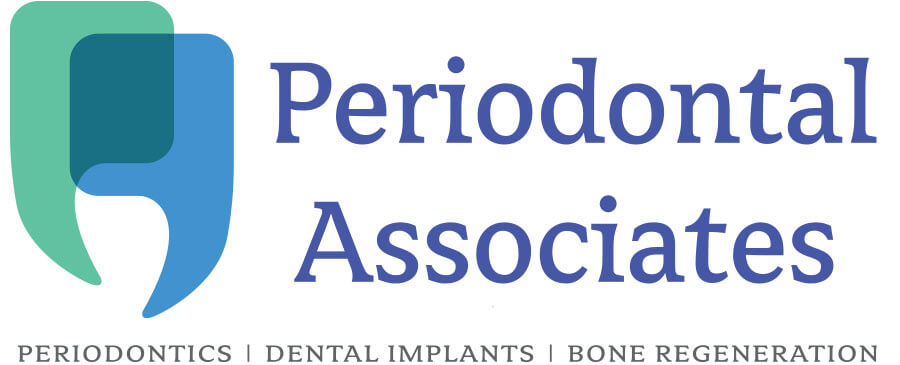
Getting one or more dental implants requires a minimally invasive surgical procedure. It may take a few days to a few weeks to completely heal, and a few months for the implant to fully bond with the jaw bone. During this time, it may be necessary to be careful about what you eat and avoid chewing on the side of your mouth where the implant was placed.
Following your dentist’s instructions carefully will help your dental implant heal faster and last longer. What can you eat after dental implant surgery? Here’s what dentists recommend.
What to Eat the Day Of or the Day After Dental Implant Surgery:
Immediately following your dental implant surgery you may have some mild discomfort and swelling. Cold liquids and soft foods are best, such as:
- Smoothies. The best thing about smoothies is that they can consist of many different types of foods, giving you essentially all of your food groups in one glass. Chia seeds provide protein and grains, also serving as a thickening agent. Yogurt is another option for protein and good fat. Use whatever fruits you prefer. You can even add spinach or kale to get your leafy greens. Peanut butter is another good protein-filled ingredient.
*Avoid drinking through a straw.
- Applesauce. A good source of vitamins, applesauces, especially those combined with other fruits and vegetables, can provide a range of nutrients with a soft, cold texture.
- Yogurt. As long as you have no issues with dairy, yogurt is another protein-rich option with good dairy fat to help you feel full. Avoid options that include fruit chunks or granola, which will be too hard to chew at this time. Dairy is also rich in calcium, which is good for bone strength.
- Cold soups. Hot foods and beverages are best to avoid for the first few days, but cold soups are perfectly fine. Gazpacho and other soups served cold provide nutrients and offer a savory option in place of sweets.
What to Eat After the First Week:
After the first week your mouth should be a lot less sensitive, but it is still necessary to eat soft foods while your implant is bonding with the jaw bone. Try these:
- Eggs. Eggs are an excellent source of protein and can be made in a variety of ways with other nutritious ingredients added. Scramble eggs with spinach or make an omelet with cheese and other soft vegetables.
- Potatoes. Potatoes can be made in a range of textures. Start with mashed potatoes and work up to chewier forms as you are ready.
- Cheese. Cheese is a soft dairy food that can be eaten in a variety of ways. It can be added to food or eaten alone. And cheese is rich in calcium to promote healthy bones.
- Chicken. When you’re ready to try meat, chicken can be made soft enough to chew without too much trouble. Be careful that you don’t cook it until it is tough. Slow cooker recipes often make chicken very tender.
- Fish. A naturally soft meat, fish is an excellent source of protein. Just be on the lookout for bones, especially in certain types of fish.
- Ground beef. The best way to introduce red meat back into your diet is through ground beef. It is soft and easier to chew than a steak or other cuts of beef.
When in Doubt Ask Your Dentist
If you’re really unsure about what to eat or whether or not you should eat a certain food, ask your dentist. It is always better to be sure before you eat something to avoid potential damage to your implant.
Periodontal Associates Provides Dental Implants in Framingham and Newton
Are you looking for a periodontist in the Framingham or Newton area to get one or more dental implants? Periodontal Associates skillfully places dental implants using minimally invasive technology to help you recover faster and get back to eating the foods you love. With our expertise and your dedication to your own dental hygiene, your dental implant can last a lifetime.
Contact us at either of our two convenient locations to request an appointment:
Framingham: 508-875-6185
Newton: 617-964-6185
